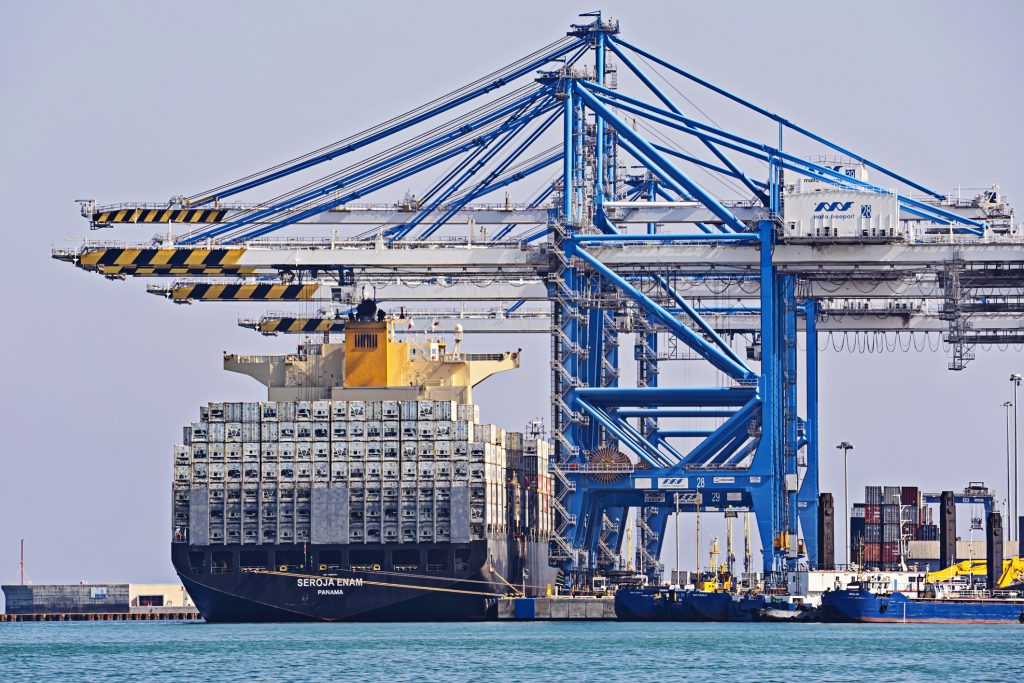A critical time for our transhipment industry

As the European Union sets ambitious targets through the Fit for 55 package to combat climate change, one must carefully examine the potential unintended consequences of such initiatives. The inclusion of the shipping sector in the EU Emission Trading Scheme (ETS) is a laudable attempt to address environmental concerns, but it may inadvertently cast a shadow over vital economic hubs, such as the Malta Freeport.
The Fit for 55 package, an integral part of the EU’s Green Deal, seeks to accelerate the transition to a sustainable, low-carbon economy. However, in its pursuit of environmental goals, the scheme will inadvertently inflict severe economic repercussions on Malta, particularly within its transshipment sector.
The transhipment industry, a cornerstone of Malta’s economic landscape, faces an impending challenge. Companies operating within this sector are now burdened with additional financial constraints due to the inclusion of shipping in the ETS. As these businesses grapple with the economic ramifications of emissions trading, the likelihood of seeking cost-effective alternatives becomes increasingly appealing.
One of the potential outcomes is the rerouting of shipping traffic to North African ports, a cheaper solution for companies navigating the tumultuous waters of emission-related costs. Ironically, this shift may lead to a counterproductive scenario where emissions increase rather than decrease due to a detour to a non-EU port. The original intention of reducing emissions through the ETS risks being overshadowed by unintended consequences, as businesses opt for more economical routes, potentially undermining the overall environmental objectives.
The repercussions for Malta are dire. Once a bustling transhipment hub, the Malta Freeport will see a significant decline in activity as companies look elsewhere to cut costs. The economic fallout would extend far beyond the transhipment sector, affecting the livelihoods of countless individuals and the overall economic stability of the island.
The urgency of this matter cannot be overstated. Time is of the essence, and swift action is imperative to safeguard Malta’s economic interests. The European Union must carefully reconsider the inclusion of the shipping sector in the ETS and assess the potential fallout on regions heavily dependent on maritime activities. A collaborative effort is needed to strike a balance between environmental sustainability and economic viability.
While the EU’s efforts to combat climate change are commendable, the unintended consequences on Malta’s transhipment industry underscore the need for a nuanced and region-specific approach. Balancing environmental objectives with the economic realities of individual member states is essential to ensure a fair and effective transition towards a greener future. The stakes are high, and the time to act is now, before the unintended consequences become irreversible realities for Malta and other vulnerable economic hubs across the European Union.
